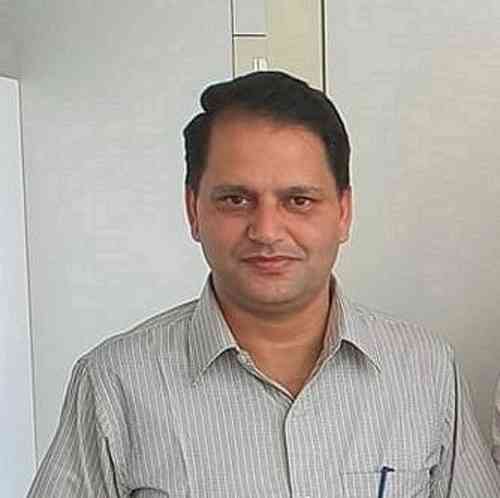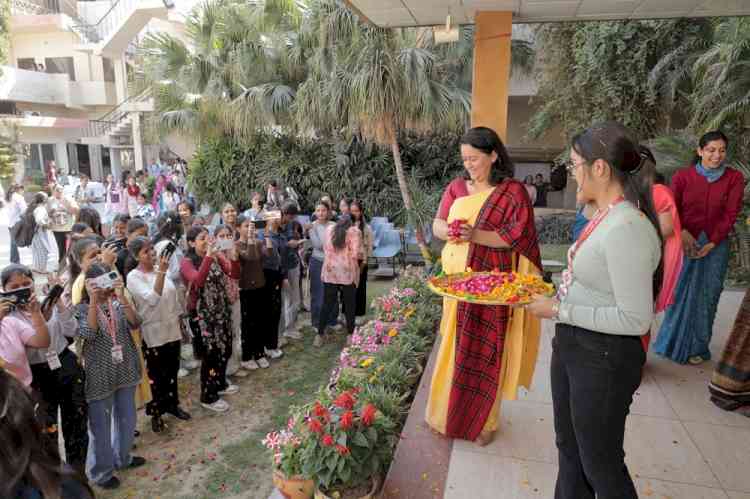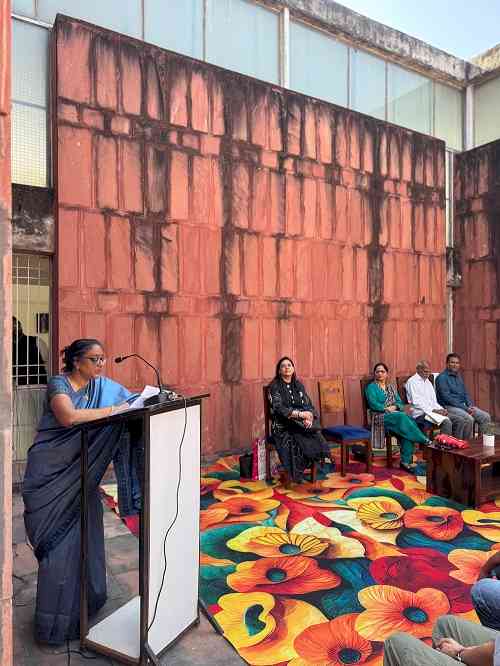IIT Mandi researchers develop next-generation spintronic technology
Magnetic Random-Access Memory (MRAM) for high data storage and ultrafast computational application

Dharamshala: Researchers at the Indian Institute of Technology Mandi in Himachal have demonstrated cutting-edge Magnetic Random-Access Memory (MRAM) technology, with the capability to transform next-generation computers, smart phones and other gadgets leveraging artificial intelligence (AI) and Internet-of-Things (IoT) technology. MRAM is much faster than the current technology and offers unlimited read and write cycles. The expected computer refresh programming time for MRAM based data storage bit may be as low as ~ 2 ns, instead of ~ 50 ns for the familiar DRAM (Dynamic Random-Access Memory) bit.
The team from IIT Mandi recently designed and developed Spin-transfer torque (STT) based nano spintronic devices, which will put an end to computer data loss due to interruptions of power supply. In case of MRAM, the information is not stored in the form of conventional electric charges, but via the magnetic alignment of spins. This leads to an increase in energy efficiency and capability to store more information in smaller volume as compared to the existing DRAM and SRAM (Static Random-Access Memory) technologies.
“Quest for next-generation high performance and functional electronic circuits has been growing as the artificial intelligence (AI) and Internet-of-Things (IoT) devices started to play a leading role in all walks of human life. It fosters the demands for the development of universal high density and ultrafast memory electronics. Moreover, it must be capable of retaining digital information even when backup source power is not available. MRAM based AI & IoTs will enable not only diverse electronics, but also impact correlated areas like agriculture, healthcare, education, and skilling, along with transferring economic power of individuals and the country”, says Dr. Satinder K. Sharma and Dr. Srikant Srinivasan, Associate Professors, School of Computing and Electrical Engineering, IIT Mandi, on the need for research into newer and more efficient technologies, within reach and transferring economic power to the common people.
“Our devices have very low switching current density and free-layer switching duration of less than three nanoseconds (1 nanosecond = 10-9 seconds). This is a very promising start and further optimization will make them candidates for next-generation RAM devices”, says Dr. Srinivasan.



 Arvind Sharma
Arvind Sharma 










